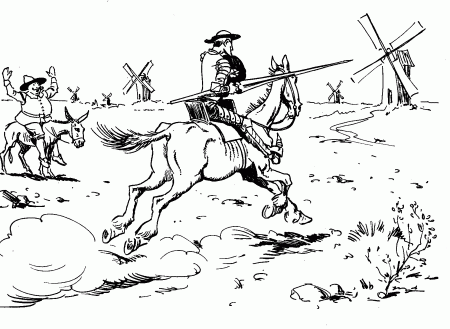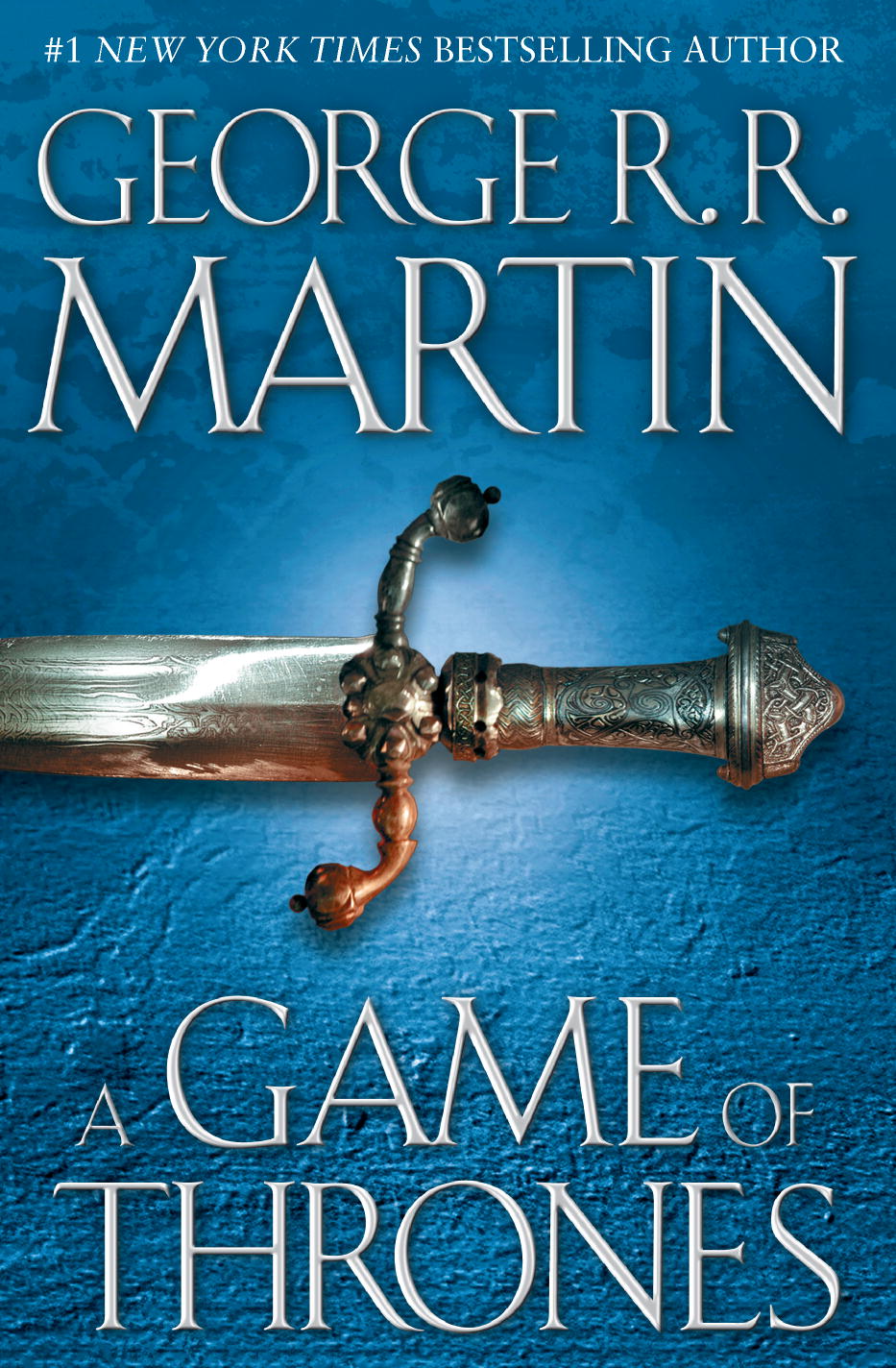As you may remember, a few of my first posts were on the topic of Sherlock Holmes:
and
So now we will return to the topic of Holmes. Specifically, the interpretation of Holmes in BBC's Sherlock.
I recently saw all six episodes of the first two seasons in a space of about two weeks (and am enthusiastically waiting for Season 3 to come out, and searching amongst my friends for someone with cable TV who doesn't mind me descending on them to watch Sherlock whenever it's on). As you can probably tell from that parenthesis, I did think quite highly of the show, for a few particular reasons.
The stories of Sherlock Holmes have been done so many times in film and TV - and actually a couple times well - that you almost expect a bit of deviation from the story. Also, there are 60 stories original stories about him, so it's easy to pick a few elements from a couple different stories and come up with a completely new one.
Sherlock is set currently, which automatically gives the adapters the challenge of putting a modern spin on the original stories. I thought that they did it well, giving us a Sherlock for the 21st century that was not old-fashioned, and yet still embodied the essence of Holmes. Holmes of the 19th century sends telegrams, whereas Sherlock prefers to text. However, the message is the same: "Come at once if convenient. If inconvenient, come anyway. -SH"
Sherlock also gave me a bit of hope for the modern detective. Every time after reading some of the stories, I would try to figure stuff out about people sitting across from me on the train. I couldn't deduce a single thing, and chalked it up to an assumption that people show less nowadays than they did in the 1800's. In the 19th century, they wore things like top hats with bands that could show hair grease, or used walking sticks that could be worn away in certain places. Well, Sherlock made me think about this again, and I now realize that deductions of this kind are completely possible in a modern day society. My lack of abilities has nothing do to with the changing times. I'm just stupid, that's all. (So is almost everyone else, compared to Holmes, actually.)
In a portrayal of Sherlock for a modern audience, it's almost necessary to repeat over and over that no, Sherlock and John are not a couple. John is straight (he ends up getting married in the books) and Sherlock is - well... Sherlock is just a sort of neutral entity, I suppose, in the world of love. Love is truly "not his area," as he says in the first episode. In the books, when Watson remarks on the beauty of a client, Holmes tells him he just sees her as a client - that's all - he only noticed her beauty as it pertained to the case.
I was a little nervous during the episode with Irene Adler, because I didn't want the filmmakers to go too far with the romance just to show that Irene Adler was "The Woman" for Holmes. Yes, he respected her abilities. Yes, he might have had a teeny crush on her. But no, he did not love her. He cannot love romantically - it is not in his nature. He loves Watson, as a friend. He loves Mrs. Hudson, almost as a son. But he will never love in the romantic sense. He is incapable of it.
I got even more nervous when I saw him fondling her hand in front of his fireplace, but then it all worked out - wonderfully! (No spoilers here! You should watch it.)
As we're on the topic of crushes and romance, let's talk a little about Molly, the lady at St. Bart's Hospital where Sherlock does his research - beating up cadavers to see how long bruises can be produced after death and the like. I think she's adorable and awesome and she makes me feel bad that Sherlock has no idea of romantic love because they would be the best couple. (But no, they shouldn't get together because that would defeat the purpose of Holmes.) And talking about them coupling, I don't think that at the end when Molly asks, "What do you need?" and Sherlock says, "You," he means her in the physical sense. He means he needs her to help him get out of his predicament, because she's the only one that still believes in him (other than Watson, but he can't do much at the moment). Sherlock realizes that she's always been on his side, helping him - not just being a neutral player in the game, but actually on his side. She's just as important as Watson, in a sense, and can help him in different ways than Watson can. I believe that Molly will be a main player in the resolution of the climax that ended Season 2. (Again, no spoilers. I'm trying super hard because I really want to just spill it all out there. Go watch it, and then we can talk.)
Molly isn't really in the books; however, I really like her character, as you can tell. If Irene Adler was "The Woman," to Holmes, Molly is sort of a kinder, calmer, less aggressive version of that in Sherlock's world. It's cool that they added a character like that.
This post is getting really long, but I'd like to talk a little bit about John Watson. Here's a quote from a previous post:
I highly dislike the bumbling portrayals of Watson in the Basil Rathbone films. Watson is not an idiot. He's a highly trained doctor. Watson is not clumsy. And Watson is not old. At all. Both Holmes and Watson are actually in their twenties in the first book.
John Watson in
Sherlock is a legitimate portrayal of Conan Doyle's Watson. He is young-ish and decently smart (
not on the Sherlockian scale, though. No one except for Moriarity, Microft, and Sherlock himself are smart on the Sherlockian scale. Irene Adler gets a B+, maybe). He also is a true Character - not just the sidekick that shows of the awesomeness of the superhero. He's a real person, with flaws and talents, just as Sherlock is a real person with his own flaws.
Sherlock is
not a superhero. He's an unsympathetic, occasionally deprecatory addict who is very ADD. Maybe it's lucky that love is not his area. It would be hard to be his girlfriend, and probably harder to be his wife.
~Sophia
Have you seen Sherlock? Did you like it? Have you read the books - how do you think they compare? Let me know in the comments - I would be happy to discuss "resurrection" theories with you! :-)






